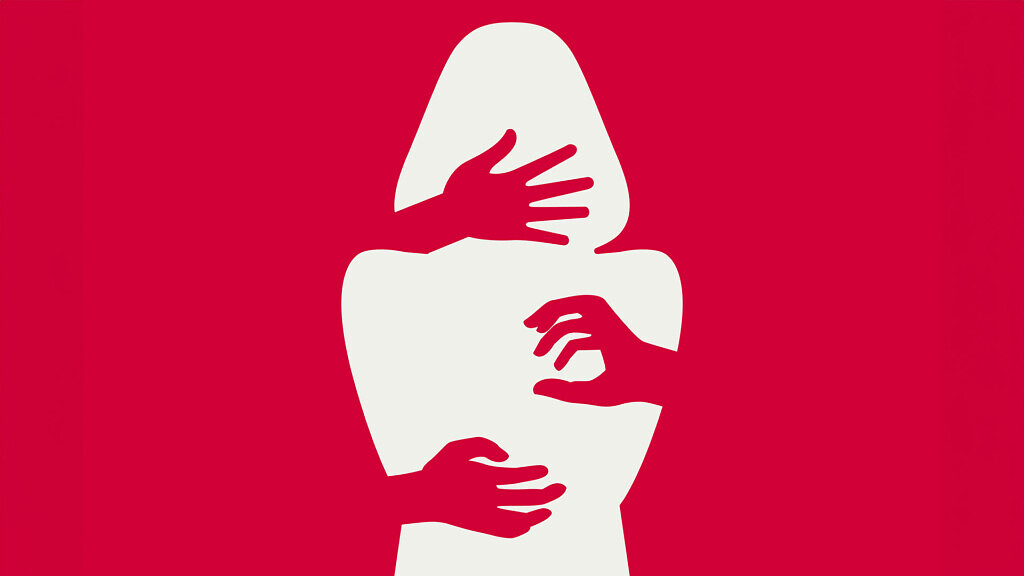Sexual harassment in healthcare is not only increasing but also becoming more accepted, a new report warns.
The rate of reporting sexual harassment tripled among responding doctors since earlier research by the authors in 2019 (9% versus 3%) – and around three out of four perpetrators (73%) – were fellow doctors.
Most victims (83%) were still required to interact with the perpetrator after the incident, according to the UK Doctors Sexual Harassment Report 2024, by Medscape UK.
New professional standards in the GMC’s revised Good Medical Practice in 2023 demanded ‘zero tolerance’ towards sexual harassment and the Independent Healthcare Providers Network (IHPN) has vowed it is committed to a zero-tolerance approach to any unwanted, inappropriate and/or harmful sexual behaviours across the organisation.
But the Medscape report finds sexual harassment in UK healthcare has reached alarming levels, tripling over the past five years.
In 2019, 7% of doctors surveyed said harassment was accepted in their workplace; by 2024, this figure had risen to 12%.

The authors said: ‘Survey respondents reported that most perpetrators were male (80%), with female doctors more than twice as likely to be victims (14% female compared to 6% male victims).
‘In most incidents (61%), the victims’ superiors were the perpetrators, leaving the former feeling vulnerable; one respondent did not report an incident because they felt they “would lose [their] chance of completing training”.’
It added that the findings also reveal a risk to patients, because harassment interferes with doctors’ ability to perform their duties. Most (81%) respondents believed that sexual harassment negatively affected patient care.
Nadia El-Awady, editorial director at Medscape UK, said: ‘This survey underscores a deeply concerning trend in the medical profession and highlights the need for immediate action to create safer, more equitable work environments for doctors.’
It is believed the rise in reported cases may partly reflect growing awareness. More than half of the doctors surveyed (51%) indicated they now have a better understanding of what constitutes sexual harassment compared to five years ago.
The authors said this finding suggests that increased education and cultural shifts may be influencing how incidents are identified and reported.



